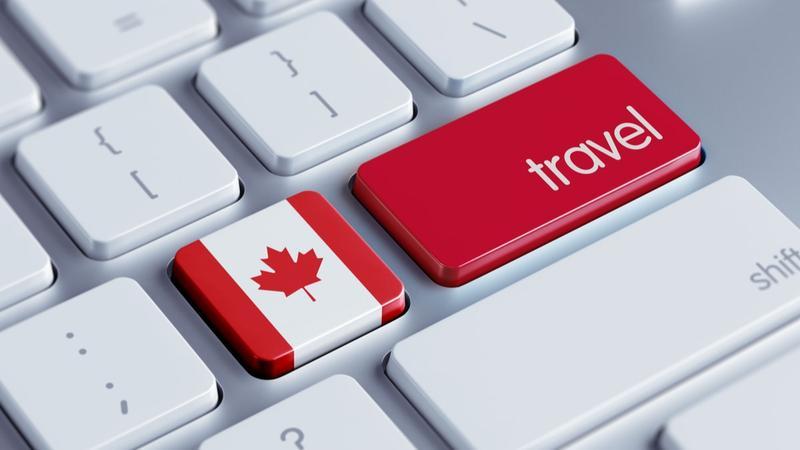To travel or not to travel? That is the question the ongoing COVID-19 pandemic has Canadian travellers pondering.
The Canadian-U.S. border remains closed to all non-essential travel and has been for months. The federal government’s global non-essential travel advisory recommending all Canadians avoid travelling abroad still stands (although the feds won’t stop you from flying to the U.S. or other destinations like some countries such as England, Australia, and France do).
In recent months some travel insurance providers have introduced policies that include emergency medical coverage for COVID-19. What should we do? What should we not do? Let the head-scratching begin.
Many snowbirds may be mulling over whether they should fly to the U.S. or not. It is not advised to travel to the U.S. this winter while the virus continues to spread, and even if you have a travel insurance policy with COVID-19 coverage, should you become ill and need to visit a hospital stateside, there are no guarantees there will be a bed available.
Whether you are travelling or have plans to travel in the not-too-distant future, make sure you understand how COVID-19 may affect your travel insurance policy, as well as how to protect yourself and your loved ones.
- What is COVID-19?
- Who is at risk of getting COVID-19?
- How can I reduce the risk of contracting COVID-19?
- How contagious is COVID-19?
- When will a COVID-19 vaccination become available in Canada?
- What travel insurance companies offer coverage for COVID-19?
- If I am in another country and have COVID-19 symptoms, but my travel insurance will not cover my expenses, what should I do?
- How can I find out if the Canadian government issues a travel advisory for my destination?
- Are people from other countries allowed to visit Canada?
What is COVID-19?
According to the World Health Organization, COVID-19 is the most recently discovered variation of coronavirus, which are a family of viruses that may cause people to become ill. A coronavirus can result in a broad range of illnesses from the common cold to more serious diseases.
Who is at risk of getting COVID-19?
Anyone may contract COVID-19 if they are exposed to it. Older people and people with pre-existing medical conditions such as high blood pressure, cancer, or diabetes may be at greater risk of developing a severe illness if they are infected.
How can I reduce the risk of contracting COVID-19?
There are many ways you can slow the spread of infection and protect yourself:
- Use a tissue, or cough and sneeze into your arm and not your hands
- Dispose of any tissues you use afterward immediately
- Steer clear of crowds and people who are sick
- If possible, maintain a physical distance of two metres from others
- Avoid touching your eyes, nose, and mouth since viruses on your hands can enter your body this way
- Frequently use an alcohol-based hand sanitizer if you are unable to wash your hands with soap and water
- Reduce the amount of contact you have with older adults and people with serious health conditions like cancer
- Wear a face mask that covers your nose and mouth
How contagious is COVID-19?
COVID-19 is highly contagious. It can spread from person to person through the air if someone who is infected coughs or sneezes near you, or if you touch a surface or object after an infected person has. The federal government encourages Canadians to keep a physical distance from others through social distancing, and to embrace good hygiene practices such as washing your hands with soap and water frequently to help reduce the spread of the illness.
